TOKYO — North Korean leader Kim Jong Un has delivered a dose of harsh reality to Donald Trump, bashing hopes for a quick denuclearization deal in a pointed rebuke to the president’s top envoy while accusing the U.S. of making “gangster-like” demands.
After the historic U.S.-North Korea summit in Singapore, Trump declared the North was no longer a threat and would hand over the remains of Americans killed during the Korean War. Now, three weeks later, the two sides were still at odds on all issues, including exactly what denuclearization means and how it might be verified, after a third visit to Pyongyang by U.S. Secretary of State Mike Pompeo. And, the promised remains have yet to be delivered.
RELATED

Pompeo wrapped up two days of talks in the North Korean capital on Saturday on an optimistic note even without meeting Kim Jong Un, as he had on his previous two trips. He said his discussions had been productive and conducted in good faith, but he allowed that much more work needed to be done. And, he and other U.S. officials said the two countries, still technically at war after the 1950-53 Korean War, had set up working groups to deal with details of an agreement.
Pompeo said he had won commitments for new discussions on denuclearization and announced a Thursday meeting between U.S. and North Korean military officials on the repatriation of the remains. But in a harsh response issued just hours after Pompeo arrived in Tokyo, the North blasted the discussions, saying the visit had been “regrettable” and that Washington’s “gangster-like” demands were aimed at forcing it to abandon nuclear weapons.
RELATED
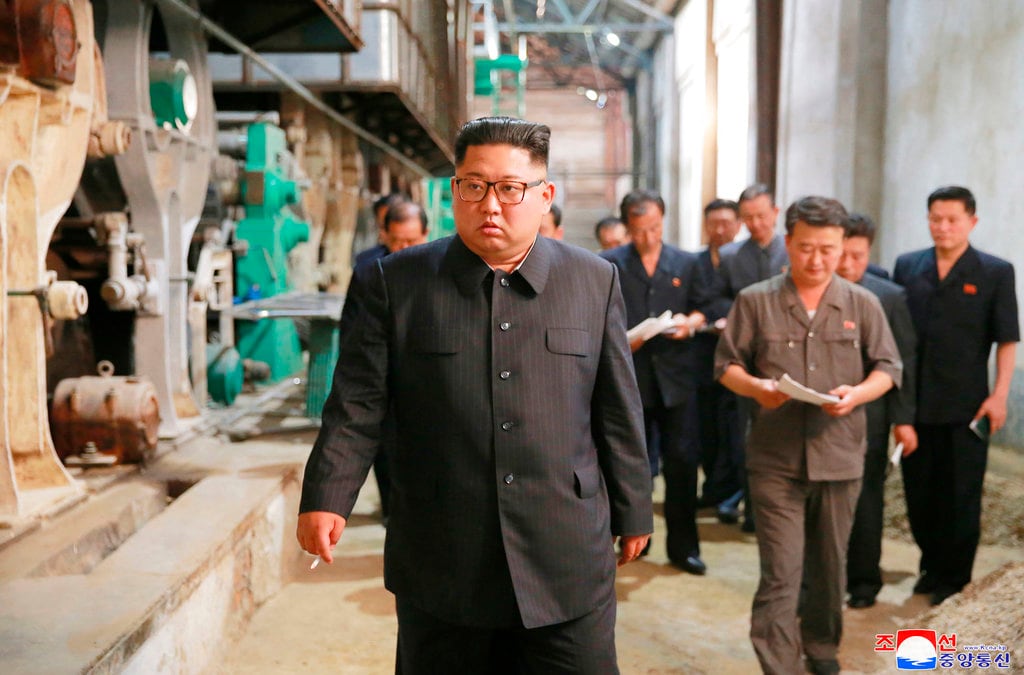
In a statement carried by the North’s official Korean Central News Agency, the foreign ministry said the outcome of Pompeo’s talks with senior official Kim Yong Chol was “very concerning” because it has led to a “dangerous phase that might rattle our willingness for denuclearization that had been firm.”
“We had expected that the U.S. side would offer constructive measures that would help build trust based on the spirit of the leaders’ summit ... we were also thinking about providing reciprocal measures,” it said. “However, the attitude and stance the United States showed in the first high-level meeting (between the countries) was no doubt regrettable. Our expectations and hopes were so naive it could be called foolish.”
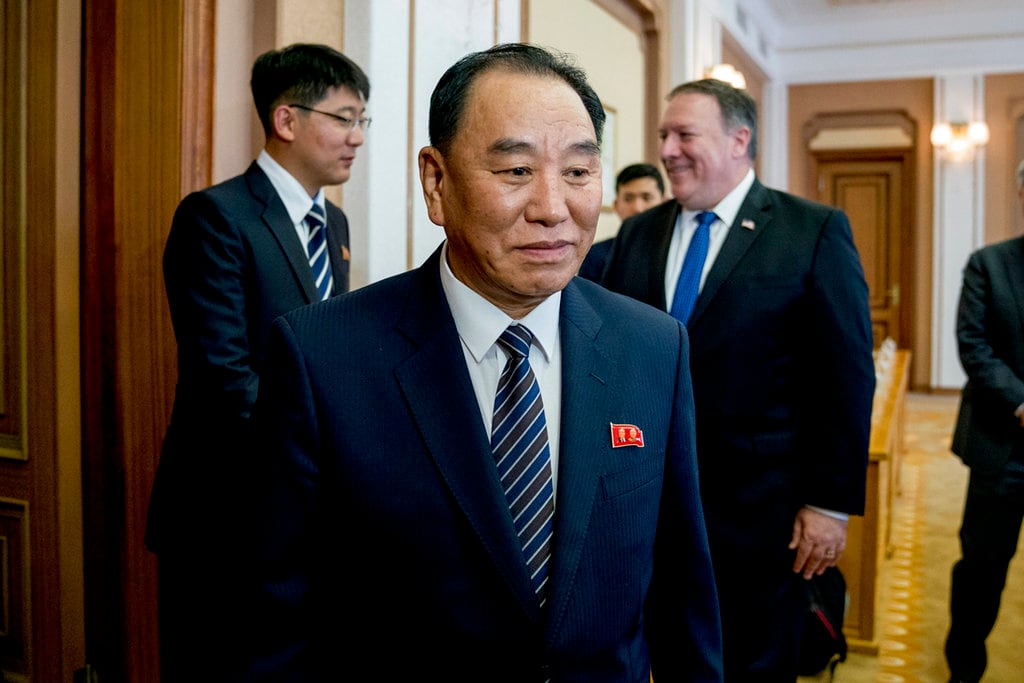
It said the North had raised the issue of formally ending the Korean War, which concluded with an armistice and not a peace treaty, but the U.S. came up with a variety of “conditions and excuses” to delay a declaration. It downplayed the significance of the United States suspending its military exercises with South Korea, something trumpeted by Trump after the summit as a success, by saying it made a larger concession by blowing up the tunnels at a nuclear test site.
In criticizing the talks with Pompeo, however, it carefully avoided attacking Trump personally, saying “we wholly maintain our trust toward President Trump,” but stressed that Washington must not allow “headwinds” against the “wills of the leaders.” That appeared to be a reference to Trump’s national security adviser John Bolton, a prominent North Korea hawk who has been vilified by Pyongyang in the past. Pompeo spoke with Trump, Bolton and White House chief of staff John Kelly on Saturday before his second round of meetings with Kim Yong Chol.
RELATED
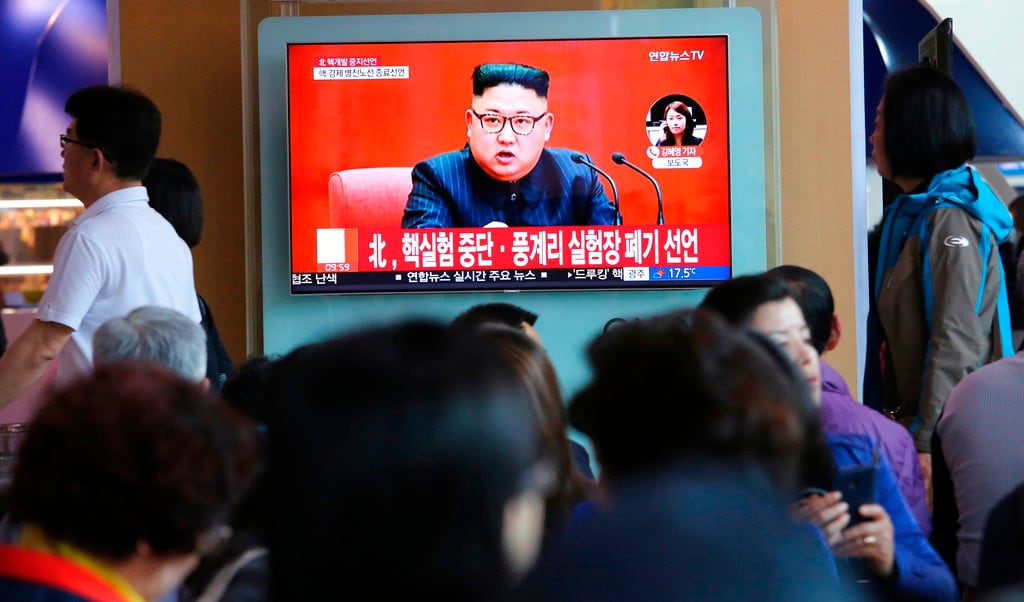
The North’s statement, coming so soon after Pompeo’s trip, was sure to fuel growing skepticism in the U.S. over how serious Kim Jong Un is about giving up his nuclear arsenal.
After his talks in Pyongyang, Pompeo stopped in Tokyo and met with Japanese Prime Minister Shinzo Abe and planned to brief him on his discussion with North Korean officials.
On North Korea talks just concluded, Pompeo said: “We raised a full range of issues with them, all the issues that are important to both the United States and Japan.” He said “there is much work for us to do together and I’m honored to be with you here today.”
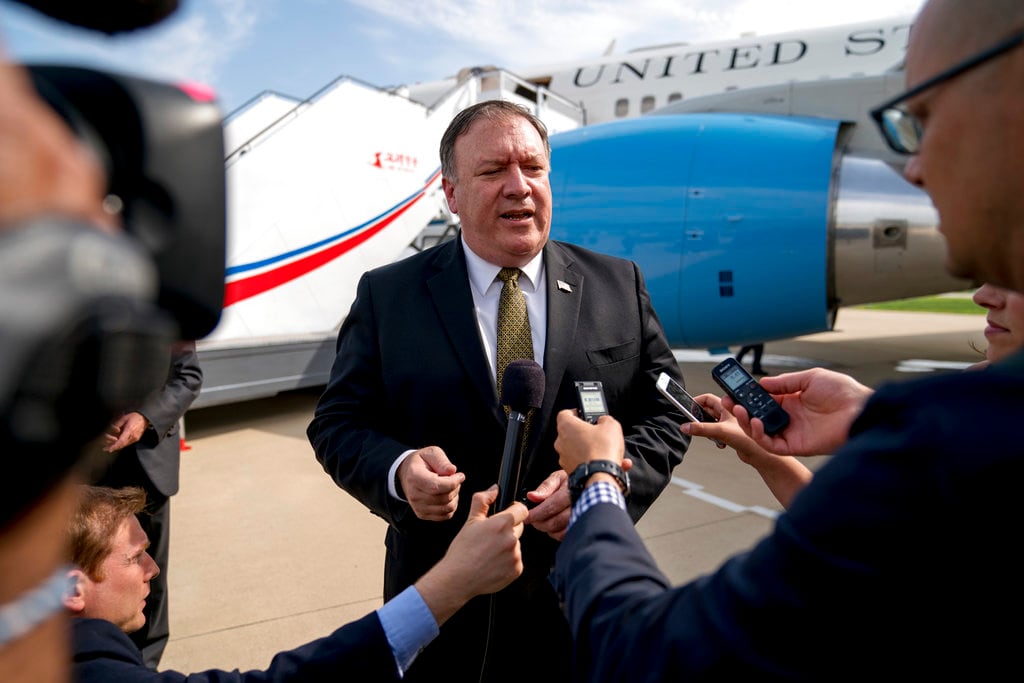
A former top U.S. diplomat for Asia, Daniel Russel, said the setback with North Korea was to be expected and warned Trump he is engaged in a long negotiation that would not produce quick, made for television results that the president likely wants.
“Dealing with North Korea is hard because Kim Jong Un wants it to be hard,” said Russel, who was assistant secretary of state for East Asian and Pacific Affairs in the Obama administration. “If you make the Americans fight for every inch, the Americans will start measuring progress in inches — and will wind up paying by the inch. At this point, even to get the North Koreans to follow through with the return of Korean War-era MIA remains, would feel like a big win for Pompeo, even though it wouldn’t affect the nuclear threat.”
“Kim can afford to play hardball because it’s clear to him that Trump, who has already told Americans they can sleep soundly because the threat is now over, badly wants a deal,” Russel said. “And when you want it bad, you get it bad. Why should the North Koreans make concessions to one of Trump’s aides given the president’s record of undercutting them?”
RELATED
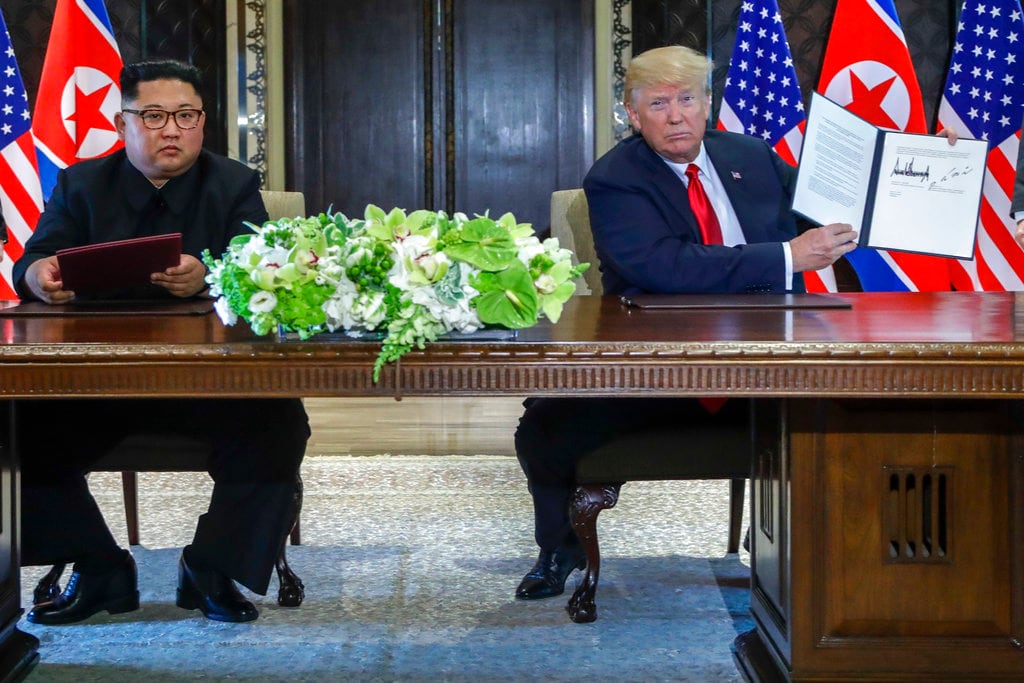
In his comments to reporters before leaving Pyongyang, Pompeo said he and Kim Yong Chol had made “a great deal of progress” in some areas. He stressed that “there’s still more work to be done” in others, which will be handled by the working groups.
He said North Korea said it offered to discuss the closure of a missile engine test site, which would “physically affirm” a move to halt the production of intercontinental range ballistic missiles, that the two sides had agreed that a Pentagon team would meet North Korean officials on or about Thursday at the border between North and South Korea to discuss the repatriation of remains.
However, in the days following the June 12 summit with Kim Jong Un in Singapore, Trump had already announced the return of the remains and the destruction of the missile facility had been completed or were in progress.
Pompeo said more talks were needed on both.




